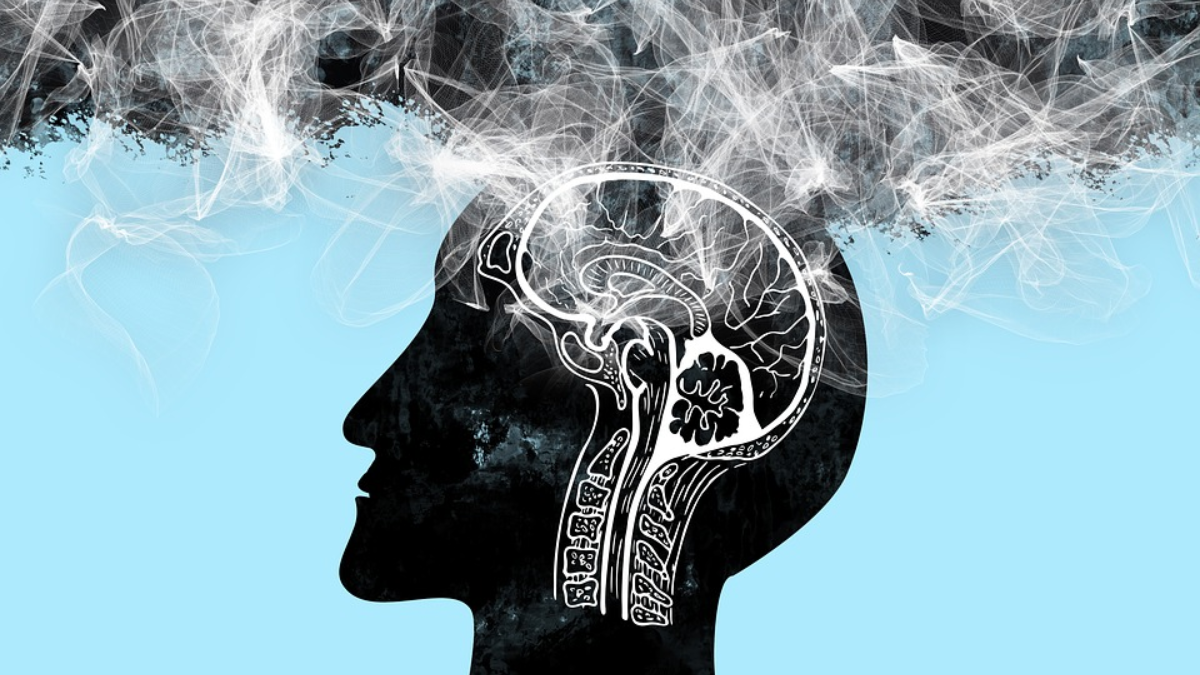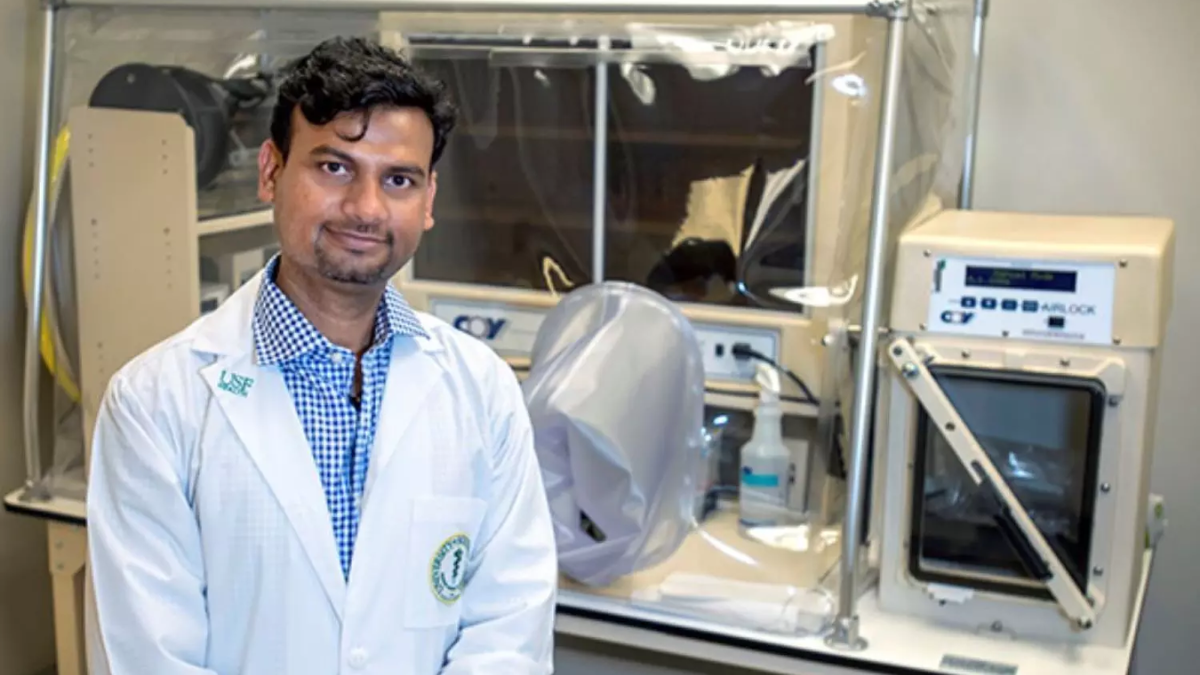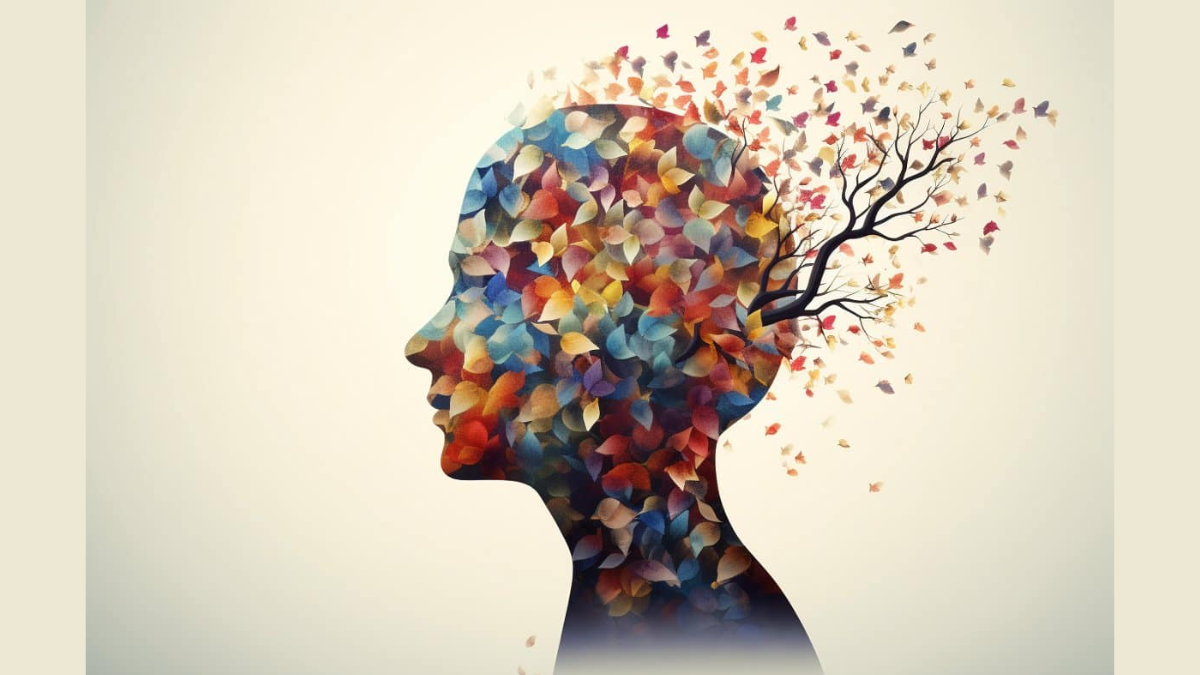
In a promising development that could reshape how we approach brain health, an Indian-origin researcher based in the United States has designed a powerful probiotic cocktail aimed at reducing the risk of dementia. Dr Hariom Yadav, a distinguished microbiome scientist and director of the USF Health Center for Microbiome Research, is leading groundbreaking efforts to leverage the gut-brain connection in the fight against neurodegenerative diseases.
Table of Content:-
Gut Health and Brain Function: The New Frontier
Dr Yadav, who is also an associate professor at the USF Health Morsani College of Medicine, believes that improving gut health may be one of the keys to protecting the brain from diseases like Alzheimer’s. His recently published study in Nature Scientific Reports underscores the powerful relationship between gut bacteria and neurological well-being.

The probiotic blend developed by Dr Yadav and his team is composed of multiple strains of beneficial bacteria, designed to work synergistically to shift the gut microbiome from a state of imbalance to one of optimal health. Unlike traditional probiotics that rely on single strains, this unique “cocktail” uses a consortium approach, making it more effective at suppressing harmful bacteria and reducing inflammation throughout the body.
Also Read: HIV Rates Climb Among Older Adults, But Prevention Still Targets The Young, Study Finds
Memory Gains and Alzheimer’s Markers Reduced in Animal Models
The research team tested the formulation on mouse models and observed remarkable results. Mice treated with the probiotic blend showed improved memory and significant reductions in several markers linked to Alzheimer’s disease. These included decreased plaque buildup in the brain, lower levels of systemic inflammation, and improved integrity of the blood-brain barrier, a crucial shield that prevents harmful substances from entering the brain.

Dr Yadav explains that the concept stems from the theory of the “leaky gut,” where a compromised intestinal barrier allows unwanted substances to enter the bloodstream, triggering immune responses that can lead to brain inflammation. “These inflammatory cells are like soldiers with no boundaries — they travel everywhere, including the brain, where they can wreak havoc,” he said. By repairing gut integrity and rebalancing microbial populations, the probiotic cocktail acts as a frontline defence against this cascading chain of damage.
Also Read: Silent Killer: Deadly Fungus Threatens Millions Across Asia, Europe, and the Americas, Study Warns
Moving Toward Human Trials
While the animal model results are highly encouraging, Dr Yadav and his team are now preparing for the next phase: clinical trials in humans. “We’re evaluating whether to license the technology through a startup or collaborate with partners in the biotech space,” he noted. “But before any of that, we need robust clinical data to confirm its effectiveness in people.”

The long-term goal, according to Dr Santosh K. Prajapati, the study’s first author, is to create a formulation that is safe, easy to incorporate into daily life, and capable of slowing — or even preventing — the onset of cognitive decline. “Our vision is to develop something that doesn’t require a prescription but becomes part of daily dietary habits — something as simple as a yoghurt or supplement that people of all ages can take to protect their brain health,” Dr Prajapati added.
Bottomline
With dementia cases projected to rise sharply over the next few decades, innovations like this probiotic cocktail offer a ray of hope. While much remains to be validated through further research, this work reinforces the importance of gut health in maintaining cognitive function. For now, Dr Yadav’s study is a pioneering stride in our understanding of the gut-brain axis — and a potential game-changer in how we might prevent one of the most devastating diseases of our time.
How we keep this article up to date:
We work with experts and keep a close eye on the latest in health and wellness. Whenever there is a new research or helpful information, we update our articles with accurate and useful advice.
Current Version